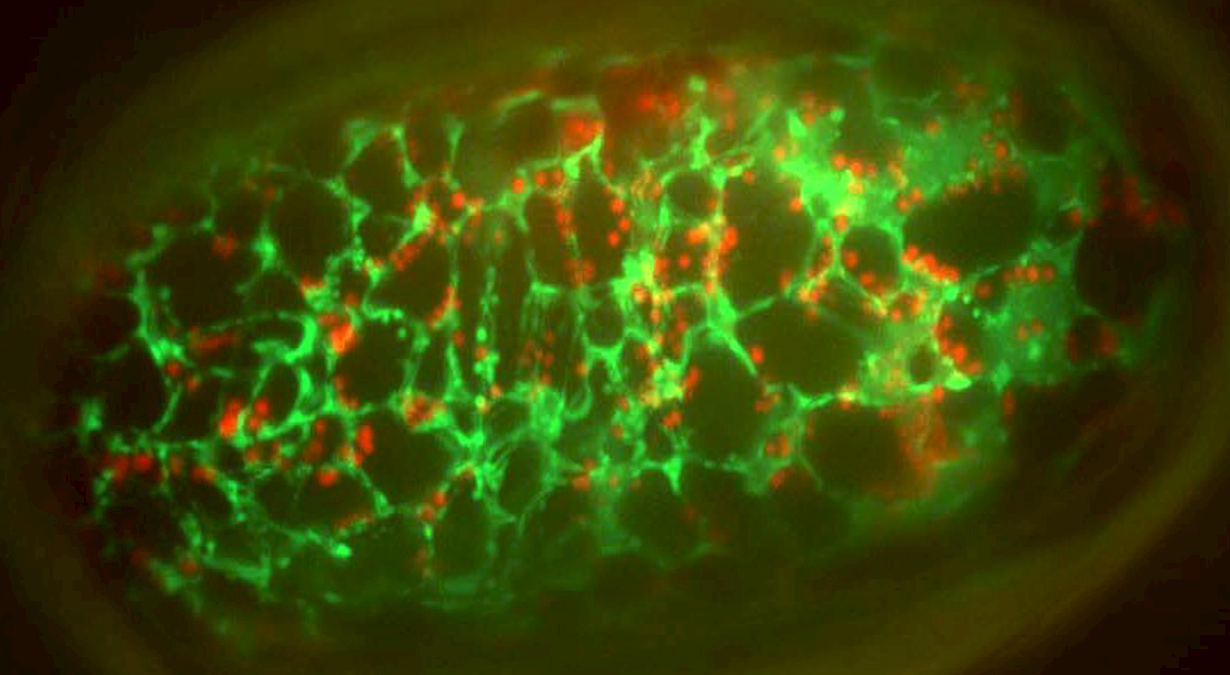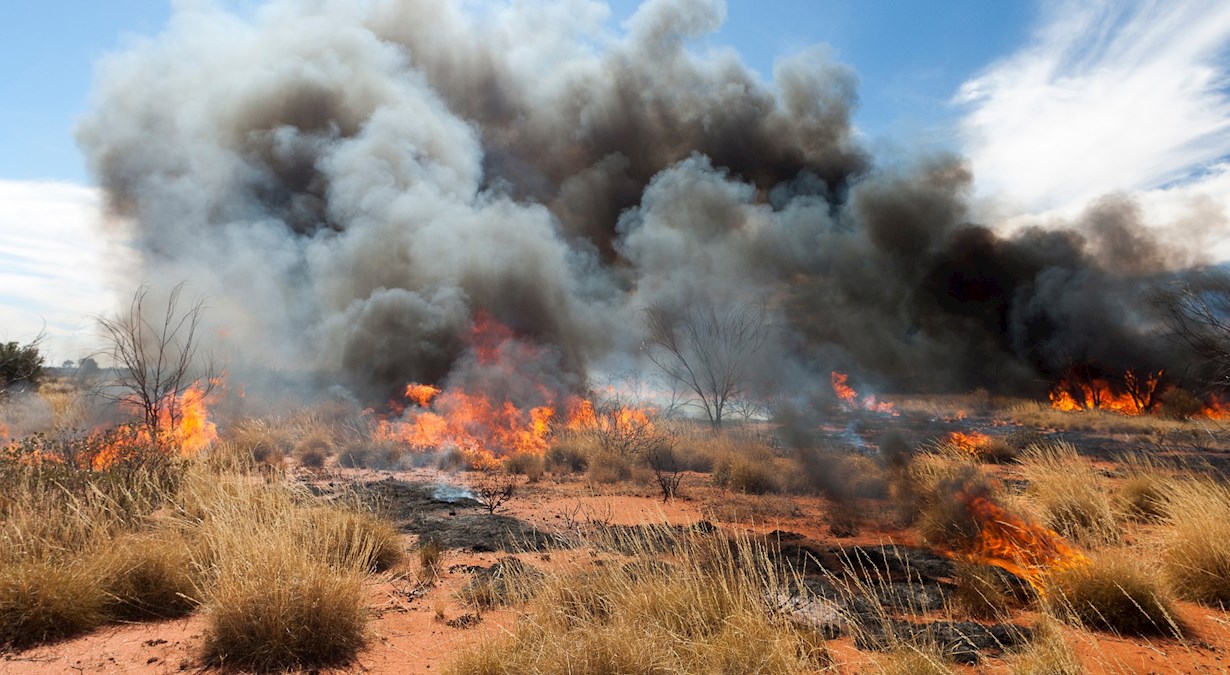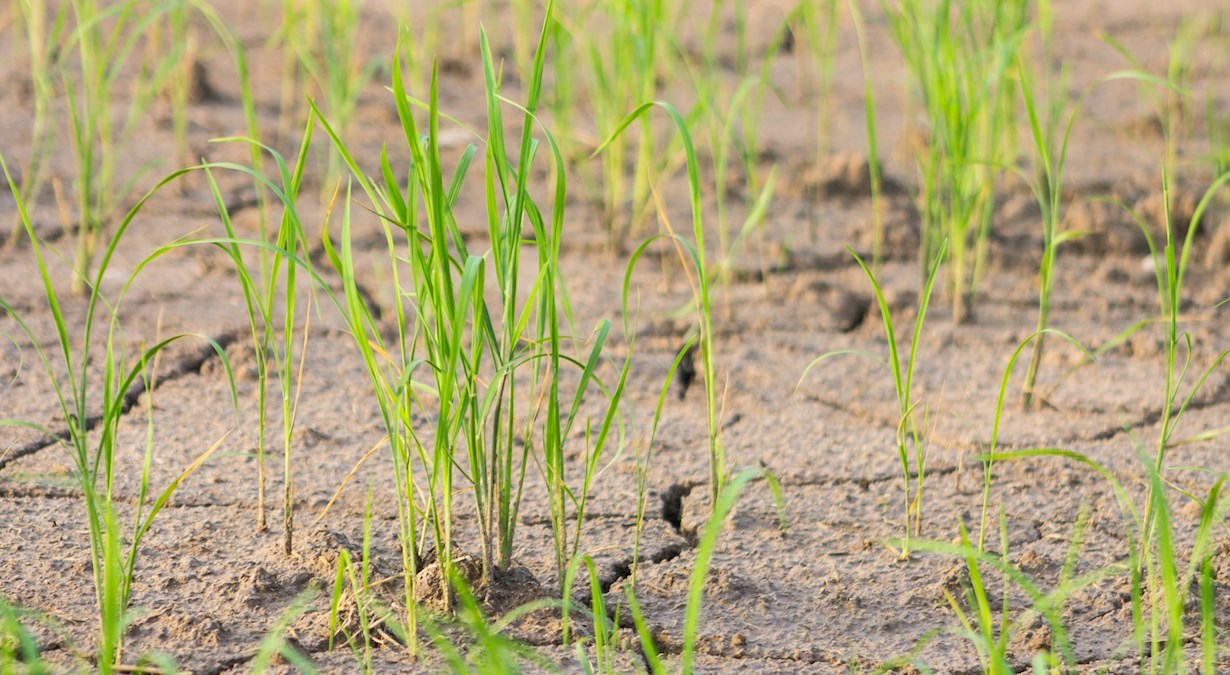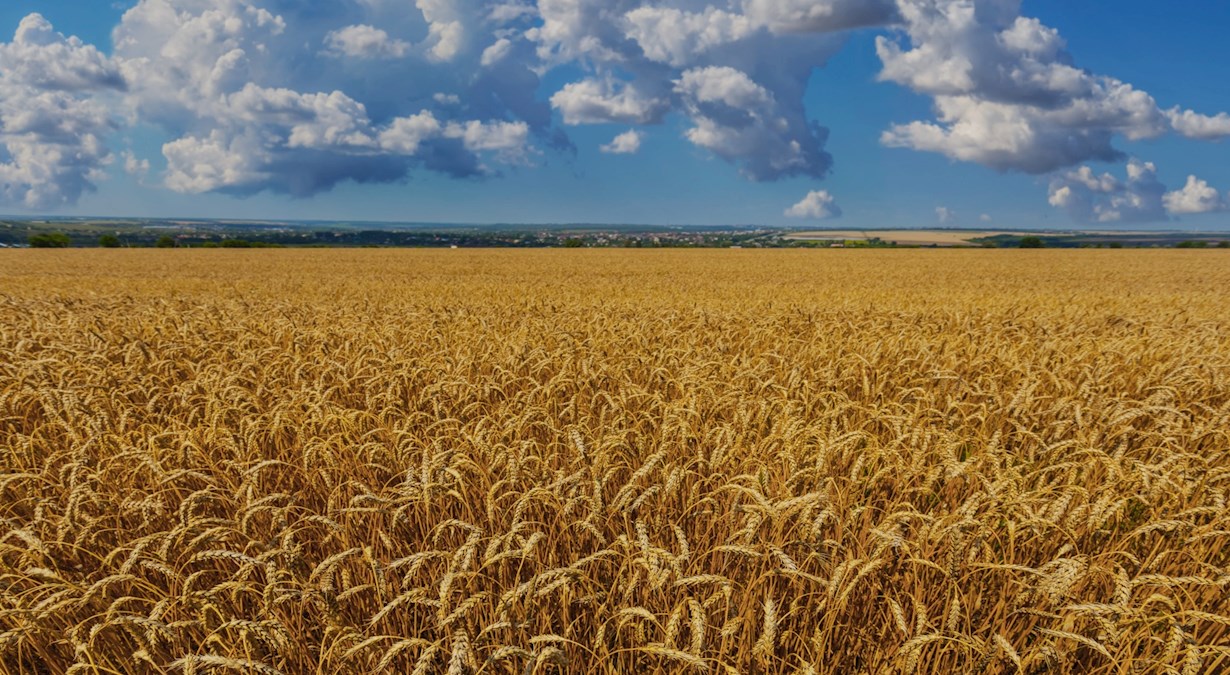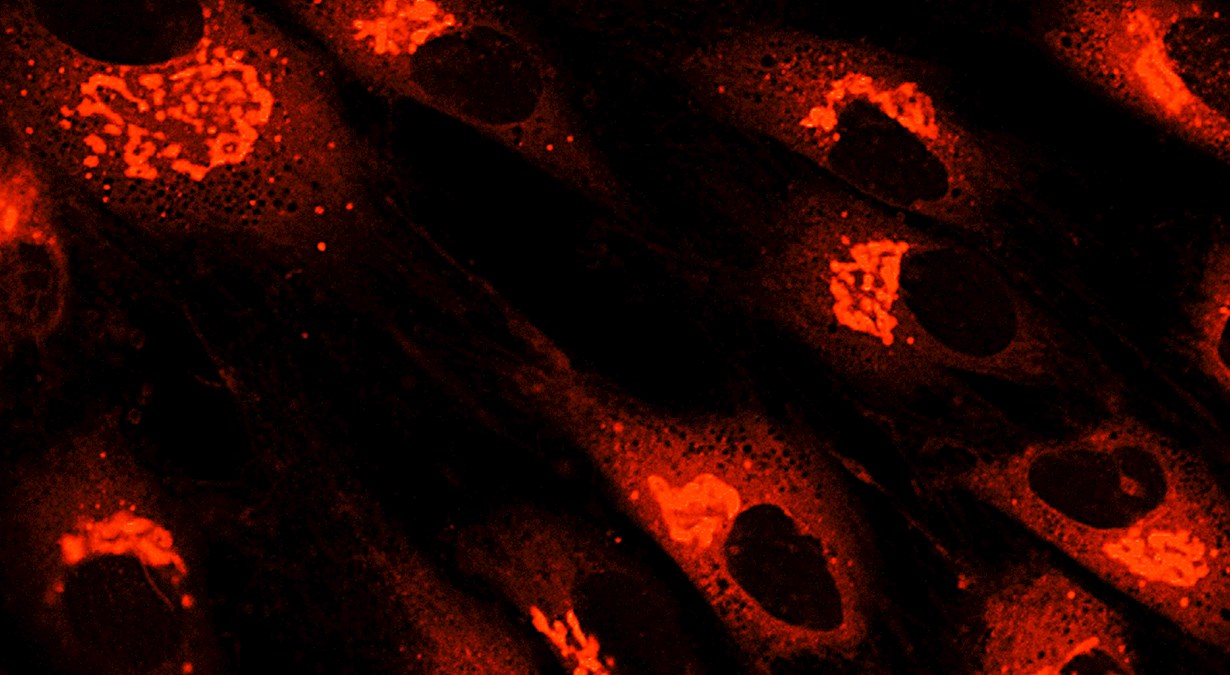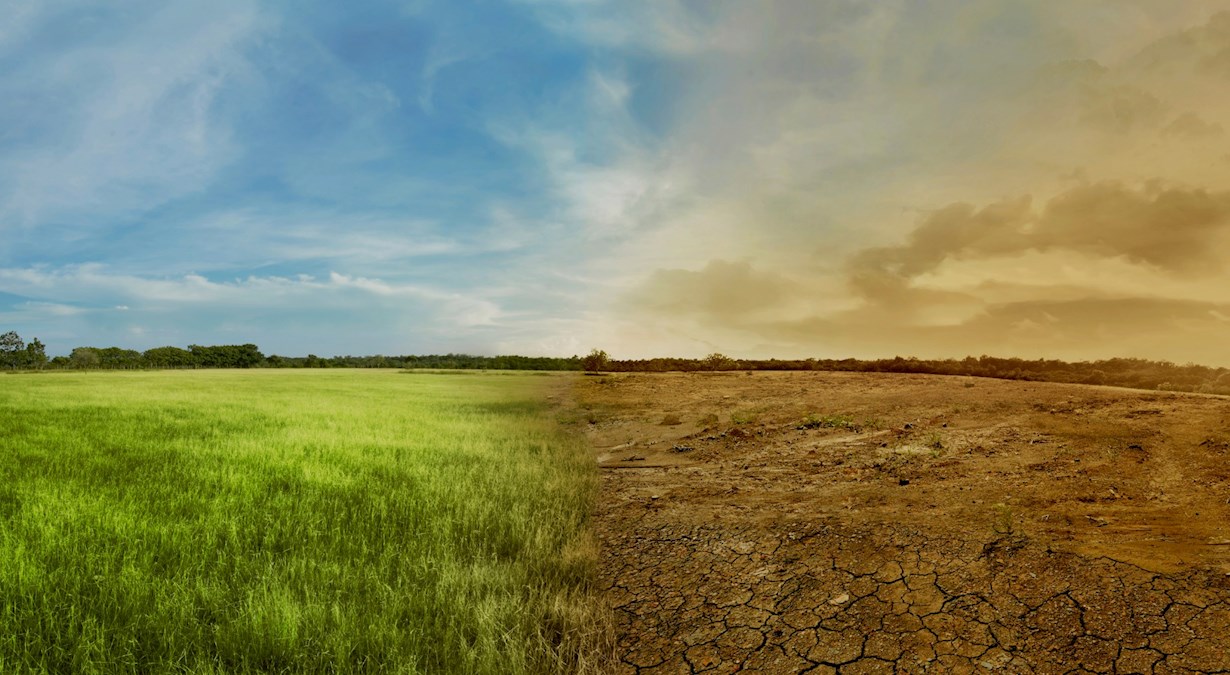
PROJECT
Smoke alarm: Discovering new signalling compounds that operate in plants
Developing new methods for detecting hormone-like signalling compounds that affect plant development
The burning of vegetation during bushfires releases many chemical compounds into the environment. Some of these, called karrikins, stimulate the germination of seed and affect the development of seedlings. Using plant genetics, the Waters group at UWA has pioneered research into a receptor protein called KARRIKIN INSENSITIVE 2 (KAI2). It is now clear KAI2-dependent signalling is essential for normal plant development, because KAI2 mutants have defective seed germination, seedling development and leaf shape.
All land plants possess KAI2-like genes, but most never experience fire. This suggested that KAI2 is used for sensing other compounds that are either made by plants or derived from the local environment (perhaps from microbiological sources). To identify these compounds, we need to develop smart, sensitive and specific assays by making use of what we have learned to date in plants. Some of these assays will be plant-based, while others will use synthetic biology approaches.
The specific aims of this project are to:
- Investigate diverse sources of biological material (plants, soil bacteria, plant extracts) for karrikin-like activity using existing bioassays.
- Develop new bioassays in plants, yeast and in vitro, and characterise them with karrikins to determine their performance.
- Use these assays to identify new compounds and potential new plant hormones with diverse impacts on plant development.
To assist with this project, in-house expertise in chemical analysis will be provided by Dr Gavin Flematti (School of Molecular Sciences), while bioassay development will be conducted in consultation with our international collaborator.
For more background information, see the suggested readings below.
- Suggested readings
-
- Yao, J., Mashiguchi, K., Scaffidi, A., et al. (2018) An allelic series at the KARRIKIN INSENSITIVE2 locus of Arabidopsis thaliana decouples ligand hydrolysis and receptor degradation from downstream signalling. Plant J.
- Waters, M.T., Gutjahr, C., Bennett, T. and Nelson, D.C. (2017) Strigolactone Signaling and Evolution. Ann Rev Plant Biol, 68, 291–322.
- Sun, Y.K., Flematti, G.R., Smith, S.M. and Waters, M.T. (2016) Reporter Gene-Facilitated Detection of Compounds in Arabidopsis Leaf Extracts that Activate the Karrikin Signaling Pathway. Frontiers in Plant Science, 7, 1799.
- Waters, M.T. (2017) ) From little things big things grow: karrikins and new directions in plant development. Functional Plant Biology, 44, 373–385.
- Waters, M.T., Scaffidi, A., Moulin, S.L.Y., Sun, Y.K., Flematti, G.R. and Smith, S.M. (2015) A Selaginella moellendorffii Ortholog of KARRIKIN INSENSITIVE2 Functions in Arabidopsis Development but Cannot Mediate Responses to Karrikins or Strigolactones. Plant Cell, 27, 1925–1944.
- Waters, M.T., Nelson, D.C., Scaffidi, A., Flematti, G.R., Sun, Y.K., Dixon, K.W. and Smith, S.M. (2012) Specialisation within the DWARF14 protein family confers distinct responses to karrikins and strigolactones in Arabidopsis. Development, 139, 1285–1295.
Research team leader: Dr Mark Waters
I am a Senior Research Fellow/Senior Lecturer in the School of Molecular Sciences. I joined in 2016 as an Australian Research Council (ARC) Future Fellow. My interests lie in the mechanisms by which plants make decisions and modulate their growth according to their environment. Prior to this, I worked at the ARC Centre of Excellence in Plant Energy Biology, which is housed in the same building as the School and specialises in plant molecular research. My lab is affiliated with Plant Energy Biology and has access to its world-class expertise and facilities in molecular plant science.
How to apply
Interested in becoming part of this project? Complete the following steps to submit your expression of interest:
Step 1 - Check criteria
General UWA PhD entrance requirements can be found on the Future Students website.
Necessary training in specific techniques will be provided, but ideally you would have:
- Hands-on laboratory experience in molecular biology and/or biochemistry
- Familiarity with basic microbiological techniques and genetic manipulation
- Familiarity with chemical separation and analytical techniques
Step 2 - Submit enquiry to research team leader
Step 3 - Lodge application
After you have discussed your project with the research team leader, you should be in a position to proceed to the next step of the UWA application process: Lodge an application. Different application procedures apply to domestic and international students.
Scholarships
- Domestic students
-
All domestic students may apply for Research Training Program and University Postgraduate Awards (UPA) scholarships
- International students
-
A range of scholarships are available from international organisations and governments. The full list, organised by country, is available on the Future Students website.
In addition, all international students may apply for International Research Training Program scholarships.
- Indigenous students
- Indigenous students are encouraged to apply for Indigenous Postgraduate Research Supplementary Scholarships.
- Forrest Foundation scholarships
- All international and Australian students who wish to study towards the degree of Doctor of Philosophy (PhD) at The University of Western Australia may apply for Forrest Scholarships.



































